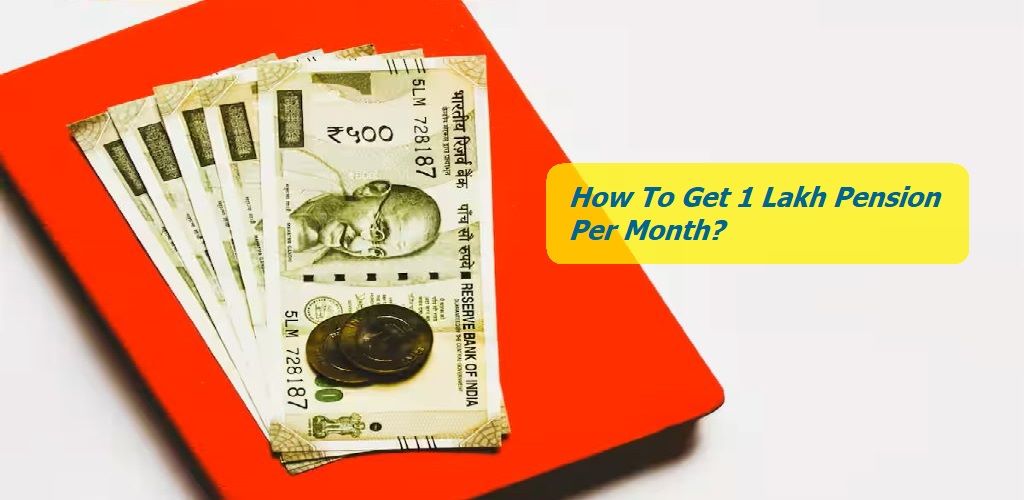Trading is like a global gamble, with markets being flashy slot machines and traders being bold players throwing the dice of their fortunes. However, stepping into the world of financial markets can be exciting and a bit overwhelming for beginners.
In India, trading options range from commodities to cryptocurrency, but ‘Forex’ and ‘Stock’ trading stand out as two prominent options. While both offer opportunities, they come with their own set of risks and challenges.
At the heart of this disclosure lies the fundamental question: Forex Trading vs. Stock Market – where should one put their money? Thus, this comparative analysis will highlight the basics of forex trading and the stock market, outlining their differences to help you make informed choices in the grand casino of trading.
What’s Forex Trading?
Forex trading, or foreign exchange trading, is like a global marketplace where you can buy and sell currencies. It’s a bit like trading money for another kind of money. Forex traders pay close attention to news and events worldwide because these can make them aware of the potential currency prices.
Let’s understand this with an example!
Imagine you’re in India, and you hear that the Indian rupee (INR) is expected to get stronger against the US dollar (USD). The current exchange rate is 1 USD to 82 INR (approximately). Excited about the opportunity, you convert 82,000 INR into 1,000 USD.
As expected, the rupee strengthened, and the new rate became 1 USD to 70 INR. Seizing the moment, you convert your 1,000 USD back into rupees and get 70,000 INR. In this scenario, you’ve made a profit of 12,000 INR because the rupee appreciated against the dollar.
Thus, forex trading is like making bets on whether one currency will rise or fall against another, aiming to profit from currency value changes.
Key Features & Benefits Of Forex Trading
Here are some of the great features and perks of forex trading that make it appealing to people and organizations:
- Easy Access Anytime: Forex markets are like a 24/5 shop, open all day for 5 days a week. This means that anyone can jump in at almost any time, no matter where they are or what their schedule is like. The factor of ‘trading hours’ is one of the primary differences between the forex and the stock market.
- Wide Currency Options: You can pick from a bunch of currency pairs, like EUR/USD or GBP/USD, giving you options to trade in various market situations.
- Influenced By Global Events: Forex is affected by global economic events, letting traders respond to news and changes from all over the world. It keeps the trading environment lively and responsive.
- Lower Costs: In the forex trading vs. stock market scenario, trading in forex often has lower costs. Brokers typically charge a spread (difference between buying and selling prices) instead of a commission. Moreover, unlike stock markets, there are no exchange rates, saving you money.
- No One’s In Charge: The forex market has lots of participants, so no single player or group controls it. There are no middlemen; brokers just help connect buyers and sellers.
- Suitable For Beginners: In forex trading, brokers provide demo accounts, allowing beginners to practice in a simulated market before making real deals. It’s like a risk-free practice ground for those just starting out!
What’s The Stock Market?
The stock market is like a big marketplace where people can buy and sell shares of companies. Think of a company like a pizza, and each share is a slice. Buying shares makes you a part-owner. If the company does well, your shares gain value for potential profit; if it doesn’t do well, they may go down.
Let’s understand it in the following manner!
Imagine you love ABC company in India, known for its tasty potato chips. You decide to invest Rs. 250 by buying 5 shares of ABC at Rs. 50 each. Now, you’re a part-owner of the company.
If the company does great and its share price rises to Rs. 70 per share, it’s a golden opportunity for you. You can sell the shares at Rs. 70, thus getting Rs. 350 for those 5 shares. Congrats! You just made a Rs. 100 (350-250) profit in the stock market. But, be cautious – if ABC doesn’t do well, share prices might drop, and you could lose money.
That’s the simple idea of how stock market trading works. It’s like a busy fair where everyone is trading pizza slices (shares) from different companies.
Key Features & Benefits Of The Stock Market
Investing in the stock market has some important advantages and features. Let’s take a look at some of them!
- Dividend Income: When you own stocks, some companies share their profits with you through dividends. So, whether the stock is doing great or not, you still get a little reward.
- Part-Ownership Opportunities: Owning stocks means being a shareholder and having a voice in company decisions through voting. Investors also get yearly reports to understand the company better and show support for its success.
- Higher Returns: One of the key differences between forex and the stock market is that stocks have the potential to make more money in a short time compared to forex trading. It’s like a super fast way to grow your money, but it also comes with higher risks.
- Protected By SEBI: The Indian stock market is looked after and protected by the Stock Exchange Board of India (SEBI), making sure everything is fair and safe. It’s like having a guardian watching over your investments and keeping bad stuff away.
- Market Transparency: The stock market is open about almost everything. You can easily know how much your stocks are worth and what’s happening in the market. This transparency helps investors make informed decisions.
- You Can Start With Smaller Amounts: New investors entering the stock market can start small by buying shares of small or mid-sized companies in smaller amounts. This flexibility to invest based on your personal choices is a significant benefit of stock market trading.
Forex Trading Vs. Stock Market: Major Differences
| Parameters | Forex Trading | Stock Market |
| Market Hours | 24 Hours A Day, 5 Days A Week (9:00 AM To 5:00 PM, Mon To Fri, IST) | Stock market trading follows a specific daily timetable, and it varies depending on the region and the exchange. |
| Types Of Assets Traded | Currencies | Shares |
| Volatility | Often considered more volatile than stock markets. | Can also experience volatility, especially during earnings seasons, economic downturns, or significant company-specific events. |
| Liquidity | Higher | Comparatively Lower |
| Leverage (“You invest a partial amount, the broker invests the rest.”) | High | Low To Medium |
| Regulatory Environment (Indian Context) | Regulated By RBI (Reserve Bank Of India) | Overseen By SEBI (Securities & Exchange Board Of India) |
| Risks | Generally Higher (Due to higher leverage.) | Generally Lower (Due to lower-medium leverage.) |
| Market Structure | Operates OTC (Over-The-Counter) | Operates Through Exchanges (For example, NSE (National Stock Exchange) in India.) |
| Market Participants | Diverse range of participants, such as
| Various participants, such as
|
| Transaction Costs | Comparatively Lower | May include commissions and fees charged by brokers and exchanges. |
Exploring The Correlations Between Forex & Stocks
Forex and stock trading can be friends or foes. When they move together, it’s a positive correlation; when they go opposite ways, it’s negative. This correlation is dynamic, and influenced by economic conditions and global events.
Here are some key points:
- During crises, currencies and stocks often move inversely. Safe-haven currencies, like the US Dollar, tend to strengthen.
- Changes in interest rates affect both markets. Higher rates attract capital, strengthening currencies but may impact stocks negatively due to increased borrowing costs.
- Positive global economic indicators create a positive correlation between currency values and stock prices.
- Major commodity price changes impact both currency values and industry stocks.
- Different money rules in different countries affect both currency and stocks, changing how money moves around.
One historical example of a correlation between the forex and stock markets can be observed during India’s economic reforms in 1991. When India opened its doors to foreign investments, it led to increased activity in both the forex and stock markets. The Indian Rupee’s value changed based on global trends, and the stock market attracted investors due to reforms.
This period showed a positive correlation between forex and stock markets in India. When foreign investment increased and people felt more positive about the market, both markets did well. This shows how changes in economic policies and more foreign participation can impact both currency values and stock prices.
Forex Trading Vs. Stock Market: Choosing Your Investment Path
Choosing between Forex Trading vs. Stock Market depends on personal preferences, risk tolerance, and investment goals.
Whether you are drawn to the currency world of forex trading or company ownership and inflation-beating returns of stock markets, it’s important to receive thorough information and develop a deep understanding of the two before making any choice. Additionally, the best path aligns with an investor’s goals and temperament, forming a crucial foundation for success in the dynamic world of finance.








